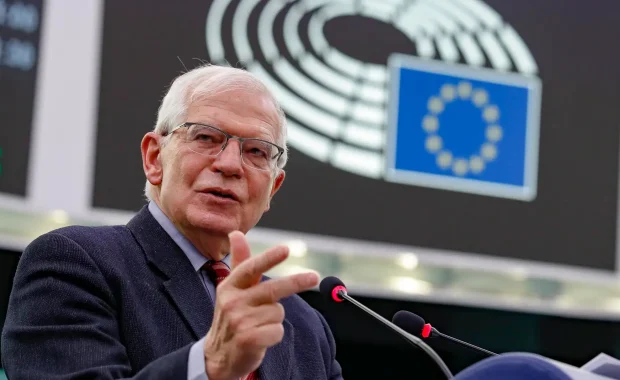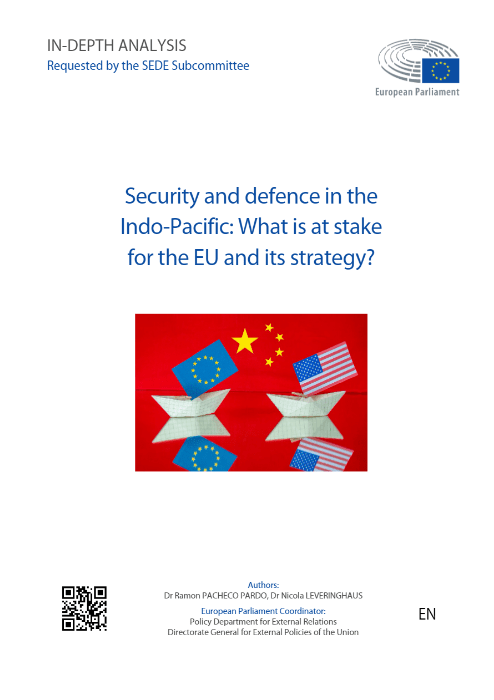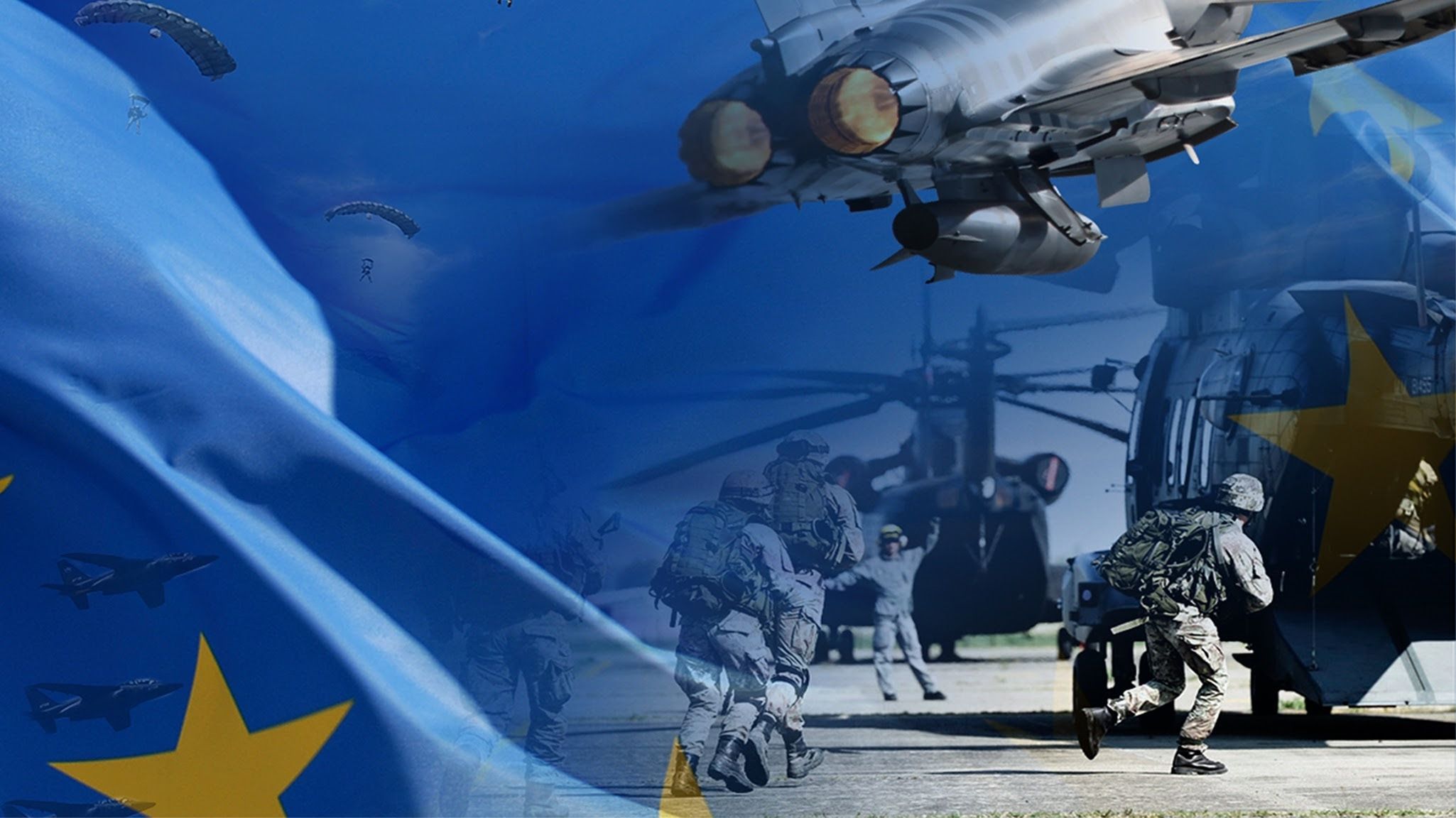The Commission has announced the adoption of the second annual work programme of the European Defence Fund (EDF). The EDF 2022 work programme will allocate up to a total of €924 million in funding. One week after the Joint Communication on Defence investment gaps, the Commission unlocks new funding to invest together and better in strategic defence capabilities. Additionally, the 2022 work programme introduces a series of new tools to promote defence innovation, all under one new umbrella called the EU Defence Innovation Scheme (EUDIS). Already announced in the Commission’s Defence Package of 15 February 2022, EUDIS will work in close partnership with EDA’s Innovation Hub.
Providing continued investment for collaborative defence R&D in Europe’s industry
The EDF helps reduce the fragmentation of the European defence capability development landscape. It also enhances industrial competitiveness and promotes interoperability throughout Europe. The 2022 EDF work programme addresses in total 33 topics structured along eight calls for proposals – to be opened in early June – to kick-start a number of large emblematic projects. It targets relevant defence technologies and capabilities in line with the EU capability priorities commonly agreed by Member States and further elaborated in the Strategic Compass. In addition, the 2022 EDF work programme also ensures continuity of funding for some important projects initiated under the two EDF precursor programmes.
This year, with a budget of more than €120 million for each, two critical domains will be put in the spotlight to support capability developments:
- Space, where funding will be provided for the development of space-based missile early warning capabilities and innovative multi-sensor space-based Earth observation capabilities for intelligence, surveillance and reconnaissance. In addition, funding will be foreseen for research for a responsive space system able to place small satellites in various types of orbits swiftly.
- Naval combat, where funding will be provided for (i) actions related to the development of a vessel class particularly suitable for small and medium-sized navies; and (ii) the development of a European naval collaborative surveillance capability that will enable navies to face smaller, faster and more diverse new evolving threats.
In addition, €70 million will be allocated to R&D efforts in each of the two following categories:
- Cyber, in order to improve the European capabilities in terms of cyber situational awareness, cybersecurity and resilience, and to develop a defence cyber and information warfare toolbox.
- Information superiority, for projects contributing to the development of a European Command and Control system and a deployable special-operations command post. In the research domain, funding efforts will focus on interoperability and data exchange between civil and military control centres in the context of the Single European Sky.
High-end defence capabilities and enabling technologies are also addressed through different categories of actions. These include the development of a medium-size tactical cargo aircraft contributing to military mobility, airborne electronic warfare, collaborative combat for land forces, technologies and sustainable components for underwater applications, including underwater manned-unmanned teaming and swarms.

A Strategic Compass for a stronger EU security and defence in the next decade |
Supporting the €2 billion EU Defence Innovation Scheme
The EU Defence Innovation Scheme will bring under one umbrella relevant EU initiatives in support of defence innovation and entrepreneurship. Proven practices originating from civil innovation will be used for the defence sector. In the 2022 EDF work programme, the Commission launches a set of actions to support innovative entrepreneurs, start-ups and SMEs and bring them into the defence industrial ecosystem:
- A defence equity facility: the Commission intends to invest €20 million per year into the equity facility, with a total of €100 million. This investment aims at generating a total of €500 million investment capacity during the lifetime of the Fund for the benefit of the defence industry, including by involving the European Investment Fund (EIF) and private investors.
- Technological challenge: this challenge aims at attesting and maturing technologies for hidden-threats detection.
- Chemical, biological, radiological and nuclear (CBRN) Framework Partnership Agreement: the new work programme introduces a call to set up a four-year partnership for the development of defence medical countermeasures against CBRN threats.

Security and defence in the Indo-Pacific. What is at stake for the EU and its strategy? : in-depth analysis
|
These new measures will complement the current support to disruptive technologies and SMEs through recurrent dedicated calls for proposals aimed at fostering innovation. The aim of the Commission is to generate until 2027 a total investment of up to €2 billion into defence innovation, triggered by the EDF, under the EU Defence Innovation Scheme. The Scheme will help implement the EU’s Action Plan on synergies between civil, defence and space industries.
More information: European Commission – Press release







Leave a Reply